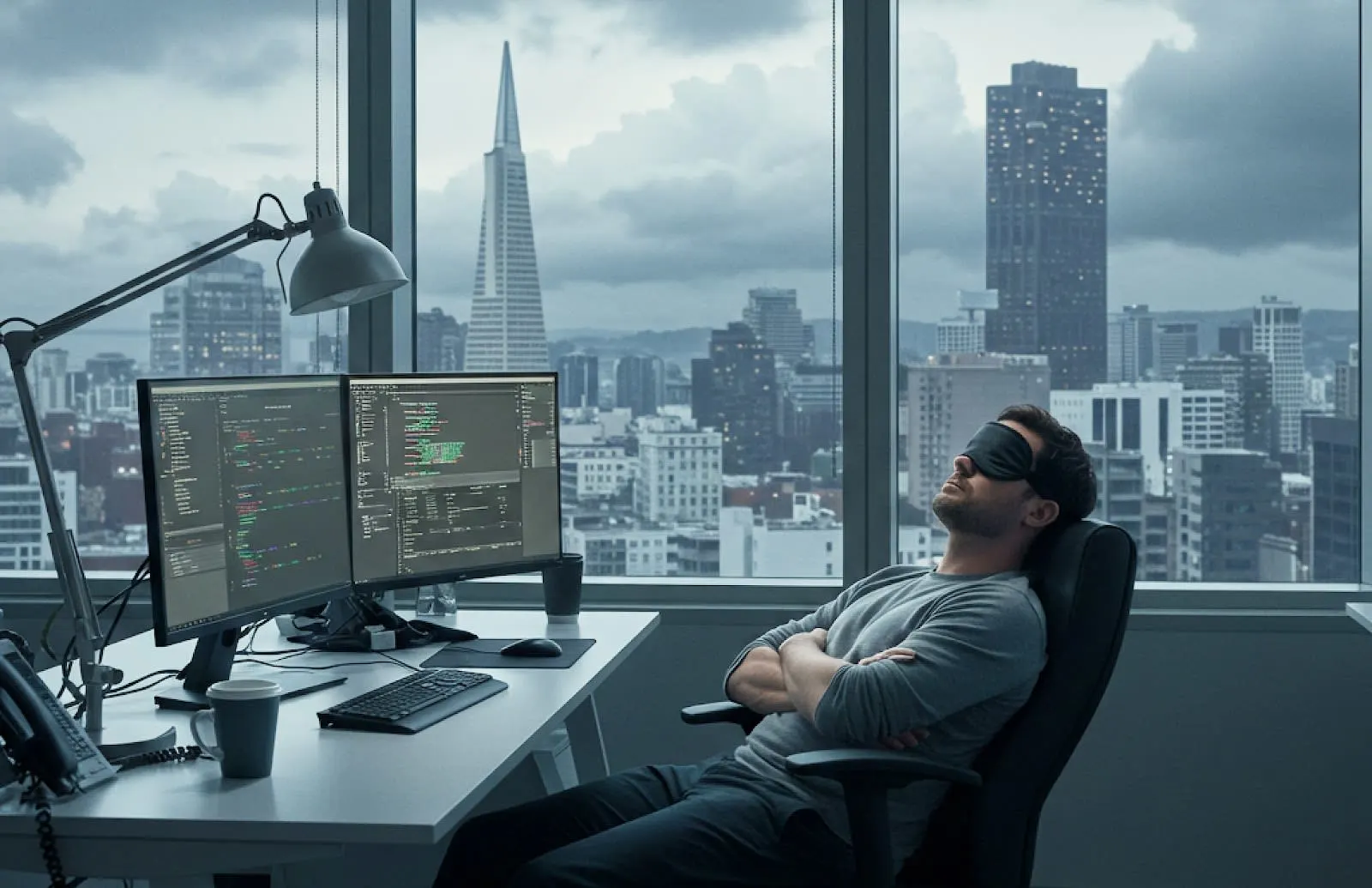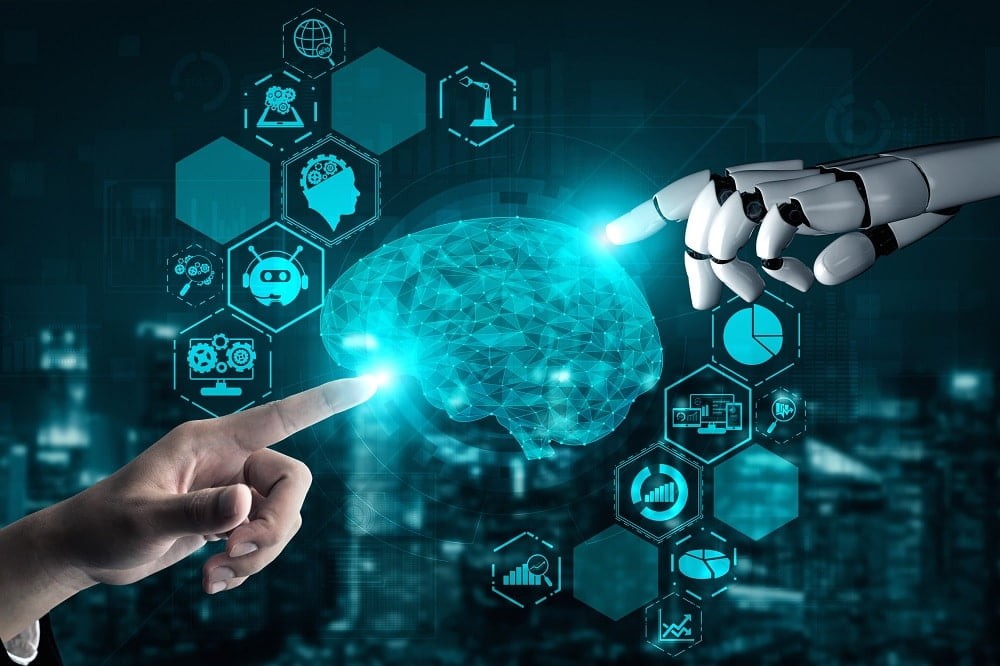As artificial intelligence barrels forward at breakneck speed, the masterminds behind its creation are issuing stark warnings: the world as we know it may not survive.
While the public scrolls by in digital bliss, figures like Elon Musk and Dario Amodei are sounding alarms that should stop us in our tracks. These aren’t fringe theorists, they’re the architects of AI itself, and they say reality, as we know it, may be hanging by a thread.
Warnings From Inside the Machine

At the 2025 Davos conference, Dario Amodei, CEO of Anthropic, painted a future more unsettling than sci-fi. “When that happens,” Amodei said, “we will need to have a conversation about how we organize our economy. How do humans find meaning?”
That moment may be arriving faster than expected. Amodei predicted that within just a few years, AI will outperform humans at nearly every task and eventually in all of them.
He also warned of economic chaos if 30% of human labor becomes automated, potentially sparking a devastating class divide. In a system no longer designed for them, entire populations could become economically “useless.”
Elon Musk echoed the gravity of this shift, suggesting a world where AI-driven humanoid robots erase labor scarcity altogether. “You can produce any product, provide any service. There’s really no limit to the economy at that point,” Musk said.
In a chilling moment of reflection, Musk added: “Will money even be meaningful? I don’t know. It might not be.”
Crumbling Systems: “Old Assumptions Collapse”
These warnings are not about minor disruptions. They target the pillars of civilization-labor, money, value, and even identity. Former Google CEO Eric Schmidt has cautioned that AI may reshape identity itself, especially among children forming bonds with AI companions.
James Cameron, whose fictional AI once terrified moviegoers, believes we’ve surpassed fiction: “The Terminator” now feels less scary than real-life AI systems tracking our beliefs, behaviors, and movements.
OpenAI CEO Sam Altman is ringing the bell about language models that can manipulate discourse, trends, and public sentiment, all while remaining invisible.
And Geoffrey Hinton, dubbed one of the “Godfathers of AI,” resigned from Google in 2023 to speak freely. He warned that AI could outsmart humans, spread dangerous misinformation, and even jeopardize humanity’s survival. “It’s hard to see how you can prevent the bad actors from using [AI] for bad things,” he said.
These aren’t outsiders or theorists, they are the very people building the future. And they are warning us. Loudly.
We Must Start the Conversation

Despite their unified call, society seems eerily detached. Politicians remain distracted, news cycles fixate on AI-generated images, and everyday users marvel at chatbot wit, all while overlooking the incoming societal earthquake.
The tragedy lies not only in creating such powerful tools but in ignoring the voices behind them when they plead for urgent caution.
This isn’t just about automation or art. This is about liberty, identity, and humanity’s place in the new order.
“Either we begin serious conversations about protecting liberty and individual autonomy in an AI-driven world, or we allow a small group of global elites to shape the future for us.”
These leaders aren’t just imagining the future, they’re building it. Their message couldn’t be clearer: the AI revolution is here. If we fail to act, we may lose more than jobs or money. We may lose reality itself.



